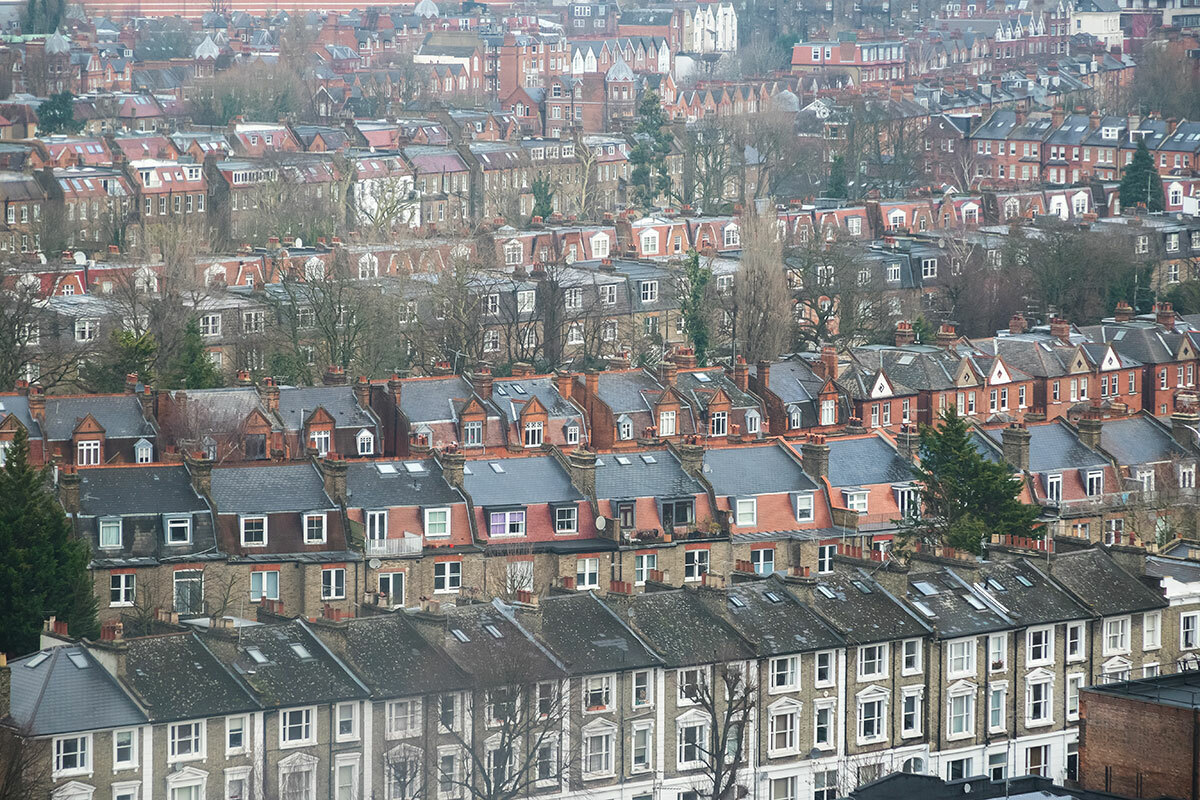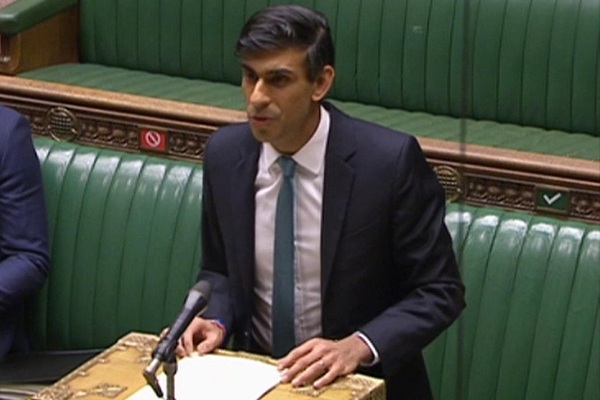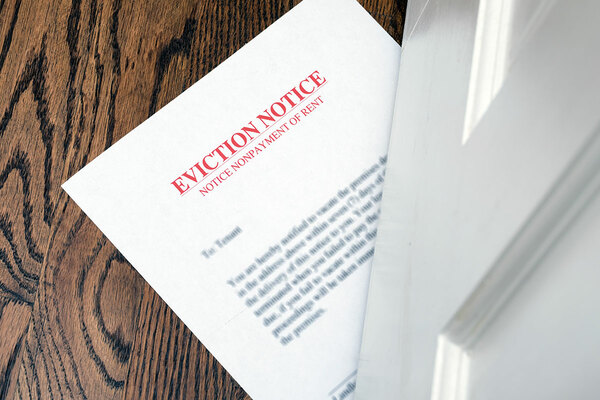You are viewing 1 of your 1 free articles
Hundreds of thousands face eviction as ban comes to an end
Hundreds of thousands of private renters in England face eviction as the government’s ban on bailiff-led evictions officially ends, charities have warned.
Introduced in March last year in response to the coronavirus pandemic, the eviction ban came to an end yesterday, with sector bodies warning that renters face “losing their home needlessly”.
Homelessness charity Shelter released research showing that 1.8 million private renting adults in England (22%) are worried they will lose or be asked to leave their current home at short notice. It follows previous analysis by the charity in November which showed that 445,000 private renters were in arrears or had been threatened with eviction.
Similar analysis by the Joseph Rowntree Foundation (JRF) estimated that 400,000 renting households – 5% of all renters – have either been served an eviction notice or have been told they will be evicted.
A further one million renting households are worried about being evicted in the next three months, half of which are families with children.
JRF’s research found that renters from Black, Asian and minority ethnic (BAME) (18%) backgrounds are almost twice as likely to be worried about being evicted compared with white renters (10%).
Rachelle Earwaker, economist at the JRF, said: “High levels of arrears are restricting families’ ability to pay the bills and forcing many to rely on hidden borrowing. This is not only deeply unjust, it is also economically naive and risks hampering our economic recovery, which is reliant on household spending increasing as society continues to reopen.
“The government’s decision to provide a generous tax break to wealthier homeowners through the stamp duty holiday while failing to protect renters points to a worrying two-tier recovery in which those who were prospering prior to the pandemic will continue to do so, while those who have been hit hard will sink even further behind.”
The charity has called for a targeted package of grants to support renters in arrears to be administered through the Discretionary Housing Payment system.
Separate research by the National Residential Landlords Association (NRLA) warned that 210,000 tenants may face severe difficulties in getting landlords to let to them in future, with the average amount of rent owed by those in arrears coming to £900.
Ben Beadle, chief executive of the NRLA, said the chancellor has failed to support tenants in need as the majority do not qualify for benefit support.
He added: “Without urgent assistance, many tenants face the prospect of losing their home needlessly as landlords struggle to shoulder the cost of arrears.
“The government needs to develop a financial package which ensures that benefits cover the rents of those in receipt of them. For those who do not qualify for benefit support, an interest-free, government-guaranteed tenant hardship loan should be established, similar to those in Wales and Scotland.”
Meanwhile, the Local Government Association (LGA) set out a six-point plan to protect tenants, which includes bringing forward the government’s pledge to end Section 21 no-fault evictions, maintaining the £20-per-week Universal Credit boost and an “immediate review” of the overall benefits cap.
David Renard, housing spokesperson at the LGA, said: “The government was right to introduce the ban on evictions and eviction enforcement from the start of the pandemic. It gave vital reassurance to families who were at risk of losing their homes.
“We also understand that the ban cannot last indefinitely. However, lifting the ban will leave some households at the cliff-edge of becoming homeless. This is why it is essential we ensure there is a safety net of support in place to prevent this from happening.”
A Ministry of Housing, Communities and Local Government spokesperson said: “Since the beginning of the pandemic, we have taken unprecedented action to support renters and help keep them in their homes including introducing a comprehensive £352 billion support package, which has prevented widespread build-up of rent arrears.
“Thanks to the success of the vaccine programme, national restrictions are gradually being eased and it’s now the right time to start to lift the emergency measures we put in place.
“Tenants will continue to be supported with longer notice periods and financial help is still available such as the furlough scheme, which has been extended until the end of September. Evictions will not be carried out if a member of the home has Covid-19 symptoms or is self-isolating.”
Update at 11:15am, 01.06.21: story edited to include government response
Sign up for our tenancy management newsletter
Already have an account? Click here to manage your newsletters













